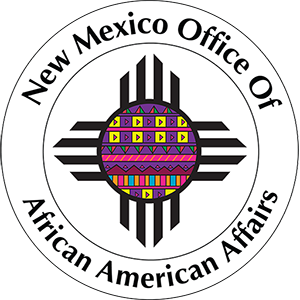There is power in the people: Branch Power
We the people!
There is power in the people, and our society is a living example of that. People power is essential and a root principle of democracy. Black History Month was officially recognized in 1976. President Gerald R. Ford was in office and he said, “seize the opportunity to honor the too-often neglected accomplishments of Black Americans in every area of endeavor throughout our history.” (Access Denied, 2023) In this article, we intend to highlight the political presence the Black community has made in the country, emphasizing the three branches of the U.S. federal government: the Legislative, Executive, and Judicial branches.
There are three branches of government, and the people power them all. The Legislative Branch makes the laws. (saymedia.com, n.d.) This branch includes Congress, comprised of the House of Representatives and Senate. (Branches of the U.S. Government | USAGov, n.d.) This Branch has the power or authority to reject or confirm presidential nominations for federal agencies, federal judges, and the Supreme Court.
Five years after the ratification of the 13th Amendment in 1870, Senator Hiram Revels of Mississippi and Representative Joseph Rainey of South Carolina became the first African Americans to serve in Congress. (Black Americans in Congress | U.S. House of Representatives: History, Art & Archives, n.d.) In 1993 Carol Moseley Braun became the first African American woman to serve as a U.S. Senator (U.S. Senate: African American Senators, 2021). In 2021 New Mexico elected its first Black state Senator, Harold J. Pope Jr.
The Judicial Branch evaluates laws, and it is comprised of the Supreme Court and other federal courts. (Branches of the U.S. Government | USAGov, n.d.) This Branch is where laws are reviewed to decide if they violate the Constitution. A significant verdict was the 1954 ruling in Brown v. Board of Education when the courts overturned the “separate but equal” doctrine by ruling racial segregation in schools violated the 14th Amendment. (History.com editors, 2018)
Historically the Judicial Branch has been underrepresented by African American judges. Continuing to not have a lack of diversity in the Judicial Branch can have negatively impact the country (Root, 2019). On June 30, 2022, Ketanji Brown Jackson became the first Black woman sworn in as a justice in the United States Supreme Court. (Saunders, 2022) Since President Biden has been in office, he has appointed the highest percentage of Black Federal Judges. 28% of Biden appointees are Black. (Sloan & Sloan, 2022)
The Branch that gets the most publicity is the Executive Branch. This Branch carries out and enforces the laws. The Executive branch consist of the President, Vice President, and The Cabinet. The President’s Cabinet are nominated position. The Cabinet nominations must be approved by a majority of the Senate. The Vice President is elected and will serve as the President if the President is unable to perform Presential services. The President leads the country and is Commander in Chief of the United States and our armed forces. The people of the United States of America elect our President. (Branches of the U.S. Government | USAGov, n.d.)
On November 4, 2008, Senator Barack Obama became the first African American elected as the President of the United States of America. (saymedia.com, n.d.-b) Americans remember that day, but Black Americans experienced that moment knowing the true history of this country has always told us that we do not belong. Having an African American as President and Commander in Chief of the United States armed forces inspired us to keep advancing. Despite centuries of slavery, and continued racism our people went through. We, the people have the power, so vote, run for office, and know what is happening in these three branches. There is power in the people. Happy Black History Month!
